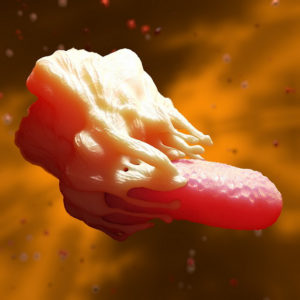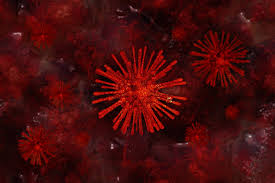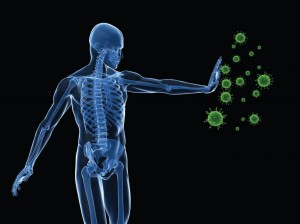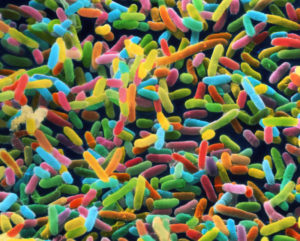The ferocious Tasmanian devil is being done in by cancer: In just 20 years, the endangered animal has lost 80% of its population to a contagious version called devil facial tumor disease (DFTD). The animal’s highly social yet fierce temperament—not unlike its cartoon counterpart—has helped the disease spread. But many populations that were predicted to have gone extinct by now are still kicking (and biting). To find out why, scientists looked at hundreds of devil genomes from three different sites in Tasmania and compared them with genomes from animals living decades ago, when DFTD hadn’t yet run rampant. They found that the modern survivors had changes in seven genes, five of which are related to cancer or immune function in other mammals, including humans. Based on their functions in other species, the scientists think those genes might be protecting them from cancer by helping the devil immune system recognize DFTD, they write online today in Nature Communications. The researchers’ next step: figuring out how the genes could be used to save the species, whose numbers continue to decline. But even without human intervention, this rapid evolution proves that the Tasmanian devil isn’t going down without a fight.







